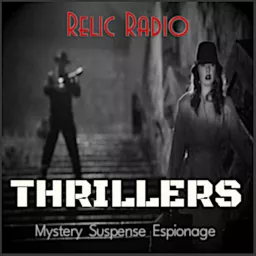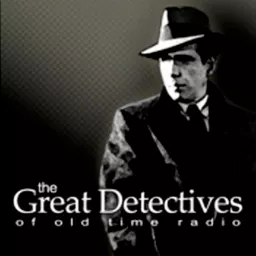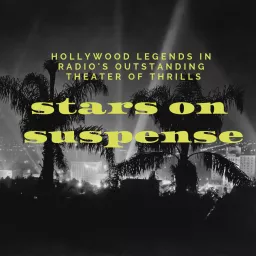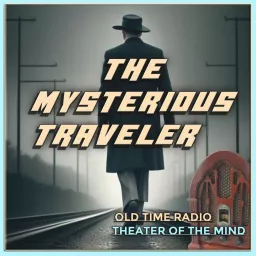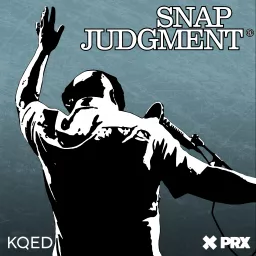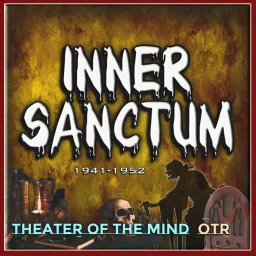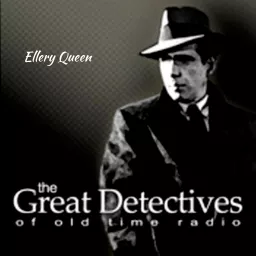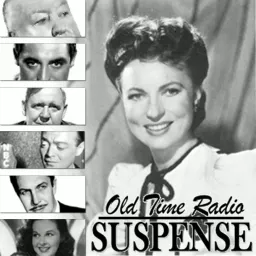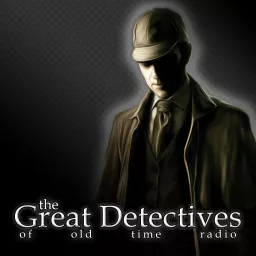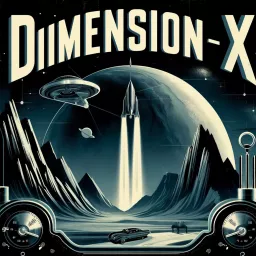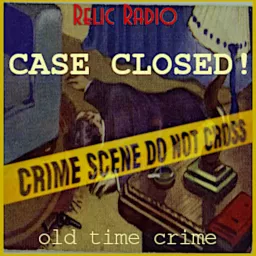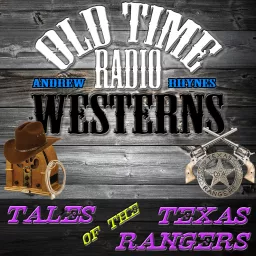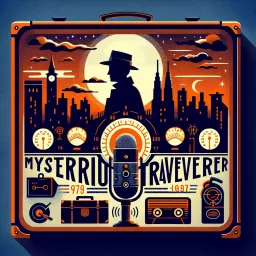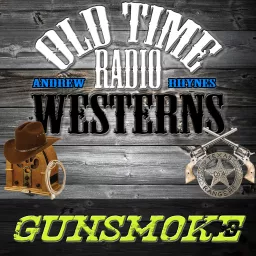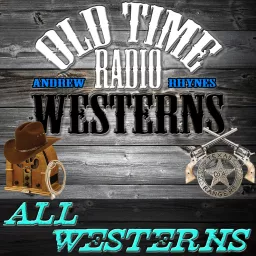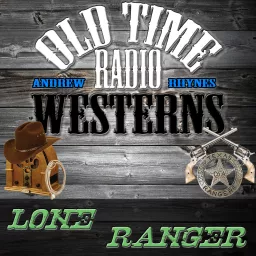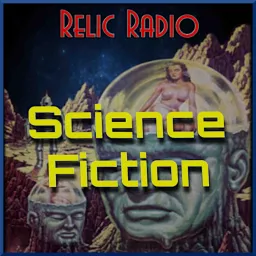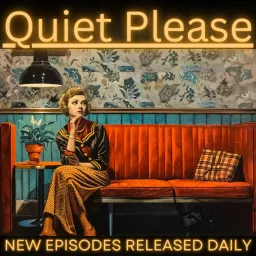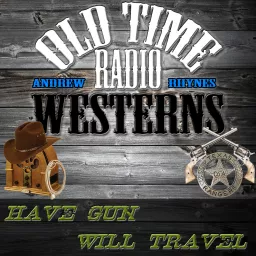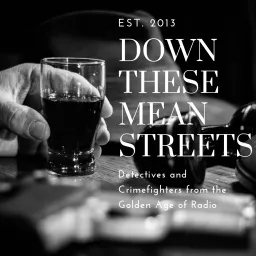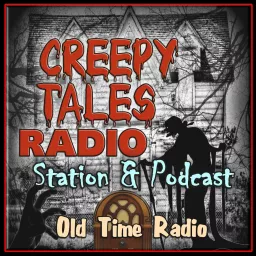Gangbusters - Radio Show OTR
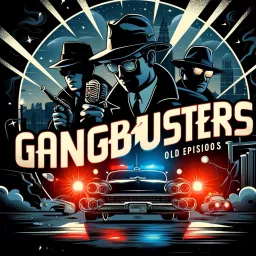
"Gangbusters" was an influential and highly popular American radio crime drama series that aired from 1936 to 1957. It was created by Phillips H. Lord, who sought to capitalize on the public's fascination with crime stories and the efforts of law enforcement to combat criminal activity. The show was known for its intense, realistic sound effects, fast-paced narratives, and a distinctive auditory style that had a significant impact on the radio and later on television crime genres.
Concept and FeaturesGangbusters was unique in its format and presentation. Each episode featured a dramatization of a real-life criminal case from the files of police and federal law enforcement, ranging from robberies and murders to racketeering and drug trafficking. The aim was to show the methods and processes used by the police to solve crimes and capture the criminals.
Notable Aspects of the Show
• Introduction: The show is famous for its dramatic opening, which included blaring sirens, machine gun fire, and screeching tires. This opening was meant to immediately capture the listener's attention.
• Narration and Structure: Episodes were often narrated by authoritative figures, including colonels from state police or other law enforcement officials, which lent an air of authenticity to the stories. The narratives were straightforward, focusing on the buildup to the crime, the commission of the crime, and its aftermath, culminating in the law enforcement investigation and the eventual apprehension of the criminals.
• Sound Effects: "Gangbusters" used elaborate sound effects to heighten the realism of the police action and maintain a high level of suspense and excitement, setting a standard for audio effects in radio dramas.
• The "Gangbusters' March": The program's theme music, known as the "Gangbusters' March," became instantly recognizable and is still associated with crime-fighting action.
Influence and Legacy"Gangbusters" was instrumental in shaping public perceptions of the police and the criminal justice system. Its approach influenced numerous other crime shows on both radio and television. The term "gangbusters" itself entered the American lexicon, popularly used to describe something that comes on with explosive force or that is exceptionally successful and fast-paced.
Cultural ImpactThe show's realistic portrayal of crime and law enforcement work helped to educate the public about the dangers of crime and the complexity of police work. It also played a role in building support for law enforcement agencies across the United States.
Running for over two decades, "Gangbusters" remains a significant part of the golden age of radio. Its legacy persists in the crime genre, influencing how crime stories are presented in media and remembered for its dynamic storytelling and dramatic flair.
for more info https://www.quietperiodplease.com/
